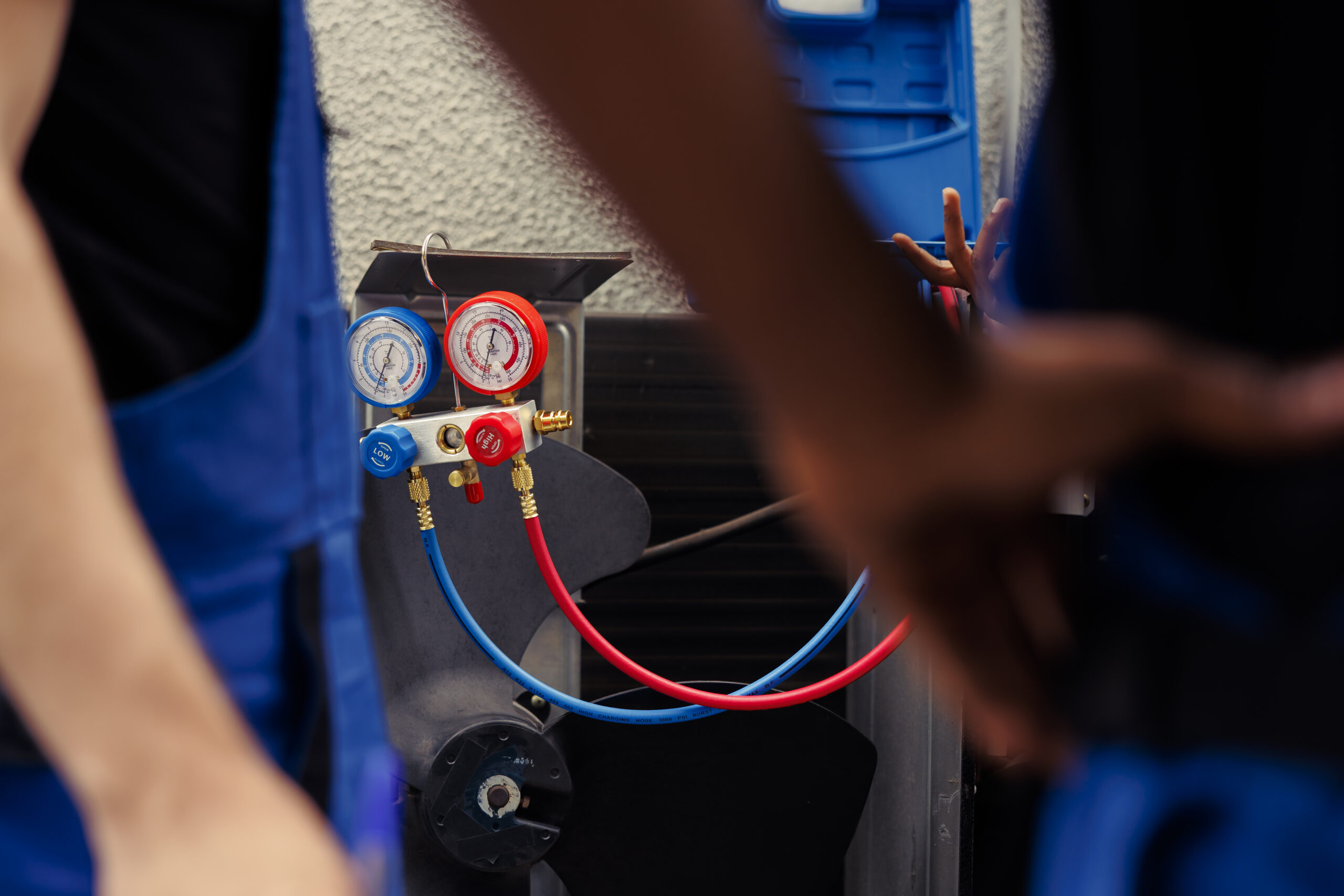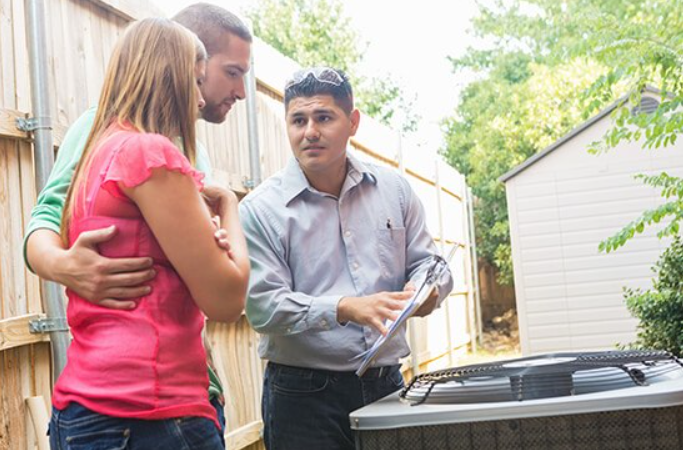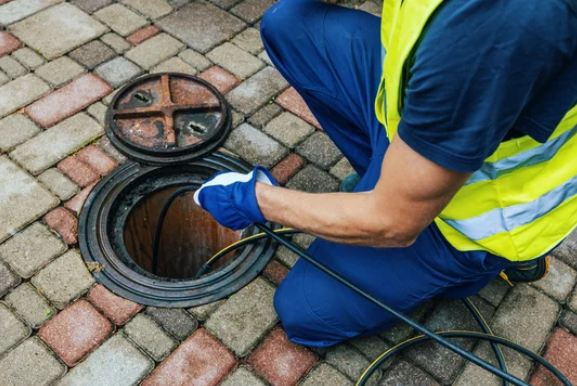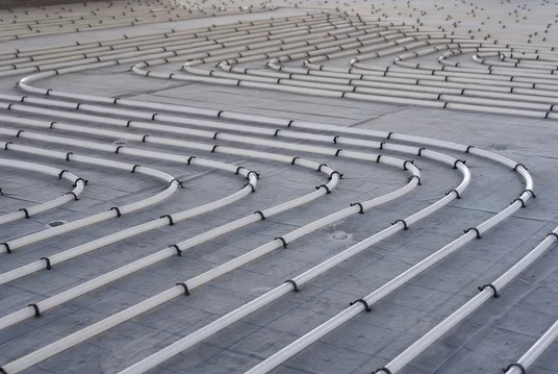Homeowners know a lot about temperature control and the seasonal changes in their area, but they know much less about humidity than we’d like. Humidity is one of the largest contributors to comfort issues and frustration with a poorly performing air conditioner. That’s why we’d like to take time today to talk about humidity and where it fits on the grand scale of comfort and temperature.
Are you dealing with poor humidity in your home? Could you use a whole-home dehumidifier? Whether or not you know the answer to that question off the top of your head, we can help figure this out by providing some details about what exactly humidity does and how it can affect your comfort.
Trust us, once you know a little bit more about humidity, you’ll be able to make a more informed decision about what your home could use to combat humidity problems.
What Is Humidity?
The air that we breathe, regardless of whether it’s inside or outside, contains a certain level of moisture. If we didn’t breathe in any moisture, we’d require a lot more water and our throats would hurt from every breath we took. Water vapor levels can fluctuate dramatically on Earth, and depending on your climate and season, humidity levels will be very different.
We’re going to focus on high humidity, or when there’s too much water vapor in the air. What does that mean and how does it make you uncomfortable?
The “Muggy” Feeling
You’ve probably heard someone complain that it feels “muggy” outside, but what exactly does that mean? Well, in the summer when humidity levels go up and more water vapor is in the air, things can feel stifling and uncomfortable.
When temperatures are hot, or we’re overheating, our bodies naturally sweat moisture to cool ourselves off. Normally, that sweat evaporates and that evaporation process can cool us down consistently. When humidity levels are high, your sweat can’t evaporate as easily, and it stays on you, making you feel “sticky” and uncomfortable. This can also contribute to raising your body temperature, making you feel hotter than you normally would at that temperature.
Dealing with Humidity
Humidity doesn’t just make people uncomfortable; it can be a health risk to the young, elderly, and those sensitive to temperature changes. High humidity mixed with scorching hot temperatures can make you feel much hotter than you normally would, leading to things like heat stroke and problems with dehydration. Dealing with humidity is not just for your comfort, but it is also for the health of you and your family.
By investing in a whole-house dehumidifier, you essentially keep moisture levels in a comfortable range inside your home. This not only makes it easier on your air conditioner, since dryer air is easier to cool, but it also makes the air feel more comfortable and cooler. Don’t deal with high humidity and uncomfortable temperatures within your home; it can be a health concern and leave you grumpy and irritable.
We’ve got the right team that can get you situated with an effective whole-house dehumidifier.
Call the team at Westland Heating & Air Conditioning






